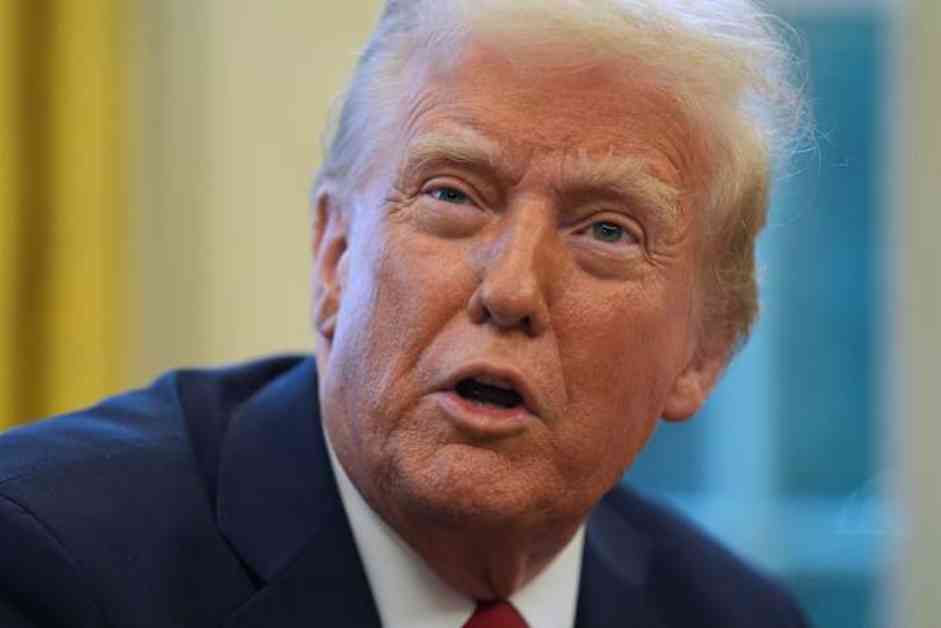President Donald Trump has stirred up a hornet’s nest by imposing intense tariffs on imports from Mexico, Canada, and China. The move has triggered immediate backlash, leaving the U.S.’s longstanding allies feeling betrayed as a full-blown trade war erupts among the North American nations. The tariffs, which Trump claims are crucial to safeguarding Americans, are aimed at urging these countries to crack down on illicit fentanyl production and exports and to address illegal immigration concerns.
The ramifications of these tariffs are vast and could have a significant impact on the global economy and, more close to home, on the wallets of American citizens. If upheld, the tariffs may intensify inflation, jeopardizing the trust many voters placed in Trump to reduce the prices of everyday essentials like groceries, gas, housing, and cars. This economic turmoil threatens to disrupt not only the global market but also Trump’s political standing, just weeks into his second term.
Backlash and Retaliation
The swift retaliation from Canada, Mexico, and China underscores the gravity of Trump’s decision. Canadian Prime Minister Justin Trudeau expressed a deep sense of betrayal and announced reciprocal tariffs on up to $155 billion worth of U.S. imports. This retaliation extends beyond just economic consequences, evoking the sentiment of solidarity that Canadians have long had with Americans during trying times.
Similarly, Mexican President Claudia Sheinbaum vehemently denied the accusations leveled by the White House and promptly ordered retaliatory tariffs in defense of Mexico’s interests. The Premier of British Columbia went as far as urging residents to boycott U.S. liquor and remove American alcohol brands from store shelves. China’s Ministry of Foreign Affairs also condemned the move, vowing to take necessary measures to protect its rights and interests.
Economic Impact and Uncertainty
The looming tariffs, set to kick in on Tuesday, could have dire consequences for North America’s economic landscape. An analysis by the Budget Lab at Yale predicts that the average household could lose $1,170 in income due to these taxes, leading to slowed economic growth and exacerbated inflation. The potential retaliation from other countries could further exacerbate these already looming threats.
Democrats wasted no time in pointing the finger at Trump for any impending inflation, citing his tariffs as the catalyst for rising prices. The lack of exceptions in Trump’s order raises concerns for various industries, including homebuilders, farmers, and automakers, who heavily rely on imports from Canada. The absence of specific benchmarks to lift the tariffs leaves many stakeholders in the dark, unsure of how to navigate this new economic terrain.
As the tariffs go into effect, Trump remains resolute in his commitment to protecting American interests, even if it means disrupting the global economy. His unwavering stance on tariffs reveals a deeper philosophy around economic and national security, underscoring his intent to make these import taxes a cornerstone of his second term. The implications of these tariffs extend beyond mere economic consequences, signaling a seismic shift in the geopolitical landscape of international trade.
In the face of this unprecedented trade war, the enduring relationships between the U.S., Canada, and Mexico hang in the balance. The tensions fuelled by retaliatory tariffs threaten to strain these longstanding alliances, with uncertain consequences for the future. As the world watches this unfolding saga, the economic fate of North America hangs in the balance, dependent on the decisions and actions of its leaders.















